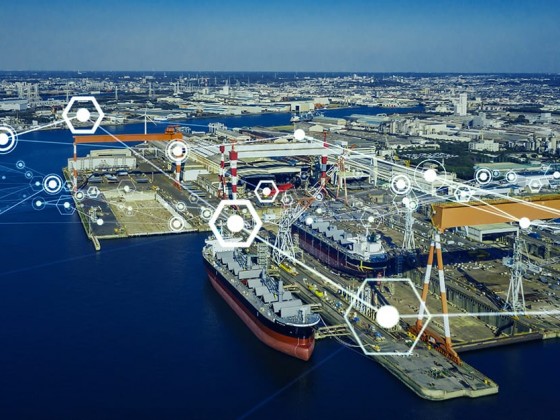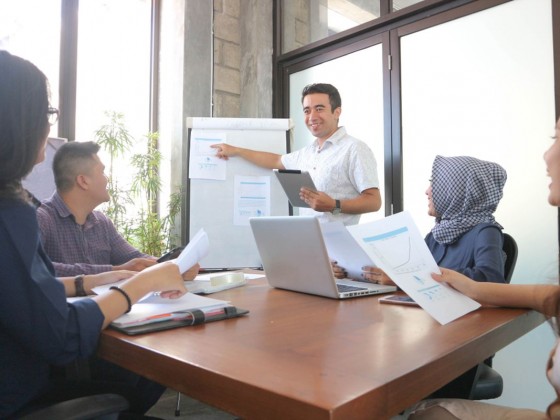by | Dr. Vilasini Pillai
Malaysia’s rapid growth in Science and Technology (S&T) since independence has transformed vital sectors including Industry,
Government and Society, guided by policies such as the New Economic Policy (NEP 1971-1990), National Development Policy (NDP 1991-2000) and the National Vision Policy (NVP 2001-2010).
It has successfully transformed from a low-income economy to a middle income and is facing its toughest challenge to move into a high income economy, which involves becoming technology generating instead of technology importing where innovation is the key. S&T cuts across various sectors of commercial and social activities which come under the purview of different ministries. Therefore the role of S&T in the economy has to be enhanced and strategised through a coordinated, cohesive and inclusive S&T advisory system.
The advisory mechanism must have legitimacy, authority, capacity and linkages to deliver objective, neutral and timely advice. The National Science and Research Council (NSRC) was proposed under the RMK-10 to improve the governance of R&D as there was an urgent need to have a collective alignment of S&T priorities through an effective network of all government research institutes and facilities as well as energise a dynamic link with all S&T related entities. This is to ensure that a real time monitoring of the impact of sectoral R & D funding can take place for maximising R & D productivity in the effective implementation of the government’s plan for a high income economy.
The setting up of the NSRC was approved by Cabinet on the 10th of December 2010 to replace the dormant National Council of Science, Research and Development (NCSRD). The NSRC has been mandated to ensure that the country’s investments in science and technology are making the greatest possible contribution to a high- value economy through an increase in productivity, environmental quality, stimulation in R&D and enhancement of the skills of the Malaysian workforce.
The NSRC is the focal point to channel S&T inputs from various governmental organizations, industries, academicians and non-governmental organizations including business and social associations to be consolidated as strategic S&T inputs that are neutral, non-bias and non-ministerial to the Prime Minister and the Government of Malaysia. The Council will also solicit inputs from various experts locally and internationally that will be brought together under the NSRC to formulate and develop short-, mid- and long-term S&T transformation plan, initiative and programs for the country to drive Malaysia transformation into Knowledge – and Innovation-led economy. These strategic plans will also provide bold and practical recommendations so that it can be part of the backbone of the New Economic Model, be integrated into the 10th Malaysian Plan and delivered through the 11th Malaysian Plan.
Its unique position will allow it a platform to provide long range scientific advice on issues of national importance, highlighting areas of research that will provide the greatest benefit to the Rakyat taking into account the multi-disciplinary and cross cutting nature of the various Ministries involved in R&D. This council will align and synchronize S&T focus to consolidate the research efforts in a manner that will minimize duplication, overlap and redundancy; to drive convergence; and monitor and evaluate the country’s knowledge, technology and innovation and product portfolios. A review of a quality and evaluation system to assess S&T projects will be initiated by the Council to enhance research outcomes. The Council is also mandated to provide accurate, relevant, and timely scientific and technical advice and also ensure that government policies are informed by sound science to the stakeholders.
The NSRC operates in an inclusive, autonomous, transparent and consultative manner. The members of the council are appointed by the Rt. Hon. Prime Minister for a term of 2 years and renewable once.
Currently, there are 25 council members appointed for the term 2011-2012 and they are from Ministries, Government Agencies, Universities, Industry and the Academy of Sciences. The Chair of the NSRC is Prof. Emeritus Dato’ Dr. Zakri Abdul Hamid, Science Advisor to the Rt. Hon. Prime Minister.
The NSRC is supported by a Secretariat in the Ministry of Science, Technology and Innovation (MOSTI). The Secretariat under the NSRC is a dedicated entity in MOSTI, assisting in the implementation and execution of the council’s strategic plans and programmes across the relevant Ministries/Agencies.
Under the NSRC, 10 Expert Working Groups (EWG) have been identified in various science based focus areas. The EWGs, according to their respective scope, will be tasked to develop R&D Roadmaps and Strategies with the assistance and consultation of various stakeholders. These then will be used by the Council to set National R&D Priorities as well as initiate Top-Down Challenges to address issues identified. The EWGs will also be called upon to conduct strategic evaluation of projects sent in by respective funding Ministries and for final feedback to the Council through the Secretariat. The EWGs set up are as follows:
- Environmental Sciences
- Advanced Material Sciences
- Agriculture Sciences
- Life Sciences
- Chemical Sciences
- Mathematics & Physical Sciences
- Computer Sciences & ICT
- Health & Medical Sciences
- Engineering Sciences
- Humanities & Social Sciences










